Avoiding Scams Red Flags to Watch For When Sourcing Wholesale Sunglasses from China
Successful sunglasses sourcing from China demands a multi-phase verification process. This includes digital screening, business license validation via NECIPS, factory audits, and China-specific legal contracts. Critical red flags involve personal bank account payment requests, bait-and-switch quality from sample to production, and any supplier refusing a factory visit. FDA compliance for sunglasses as Class I medical devices is mandatory, requiring drop ball test certification and establishment registration.
Exposing Critical Sourcing Scams
Understanding the methods scammers use is the first step in building a defense. Financial frauds are the most direct threat to your business, while identity and quality scams undermine your brand and profitability over the long term.
Financial & Payment Fraud Tactics
The Bank Account Switch Critical Warning: The bank account switch is the most financially devastating fraud, costing businesses millions. Scammers achieve this by intercepting your email communications with a legitimate supplier to divert your payments. The criminals monitor negotiations, then inject a modified invoice with their own banking details. This means your payment is lost, your supplier is unpaid, and your legal recourse is nearly zero, as 84% of fraudulent transfers go to accounts in China and Hong Kong where recovery is exceptionally difficult.
Best Practice: You must establish and confirm all banking information at the start of any relationship. Implement a protocol that requires verbal confirmation via a pre-established phone number for any change in payment details.
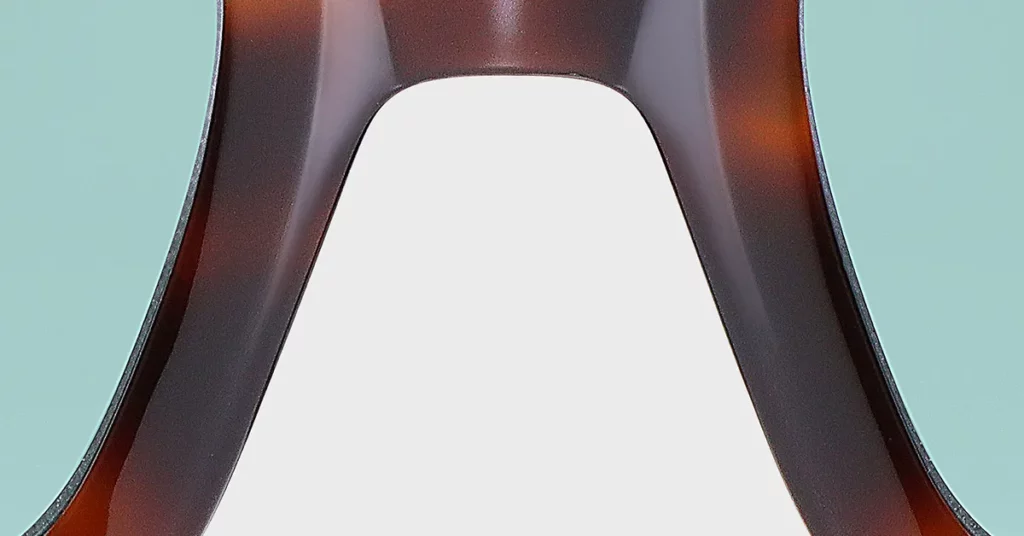
The 100% Upfront Payment Trap Fraudulent suppliers will aggressively push you toward untraceable payment methods, most commonly Western Union and telegraphic transfers (T/T) to a personal bank account. This is an assertion that you should carry all the risk. Legitimate manufacturers operate with corporate accounts at major institutions like the Industrial and Commercial Bank of China (ICBC), and the account name must perfectly match the registered business name.
The Bottom Line: Never transfer funds to a personal account. Legitimate partners accept secure methods that protect both parties, such as letters of credit or trade assurance programs.
The Hidden Costs Scam This scam begins with an attractive initial price, but after you pay a deposit, the supplier introduces a stream of unforeseen fees. These often include charges for molds, shipping adjustments, or customs clearance that were never mentioned in the original quote. This tactic exploits your financial commitment, making you more likely to pay the extra fees rather than lose your deposit.
Pro Tips: Demand a fully-itemized quotation covering all potential costs before any payment. Your manufacturing contract must include penalty clauses for any undisclosed charges.
Triangulation Fraud This is a highly complex scheme involving a fraudster, an unsuspecting buyer, and you, the legitimate merchant. The criminal sets up a fake online store, sells your products at a low price, and then uses a stolen credit card to place the order with you. You ship the product, the cardholder eventually issues a chargeback, and you are left with lost inventory and a financial loss.
Key Metric: Over 50% of merchants report experiencing triangulation fraud, which costs the industry an estimated $1 billion monthly.
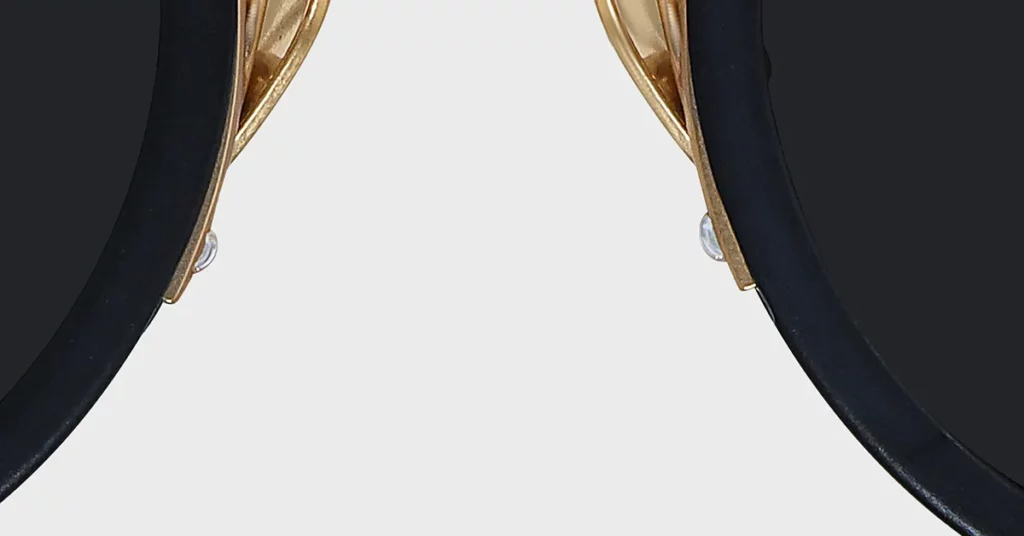
Supplier Identity & Legitimacy Fraud
The “Fake Factory” vs. “Trading Company” Deception A core deception is the deliberate blurring between a true manufacturer and a trading company. Manufacturers own production lines and a workforce, while traders are intermediaries. Fraudulent operators will claim to be a factory to justify higher margins—often 30-40%—when they are actually operating from a small office and outsourcing everything.
Critical Warning: Any supplier who refuses a factory visit or provides only generic, non-specific photos is almost certainly not a manufacturer. Demand transparency and verification.
The Disappearing Supplier Scammers often create temporary profiles on B2B platforms like Alibaba, offer aggressive pricing to secure quick deposits, and then vanish. Platform verifications are not foolproof; internal Alibaba investigations revealed that over 2,300 “gold suppliers” identified between 2009-2010 were later confirmed as fraudulent.
For Example: A company lost a major deposit to a supplier claiming to have a large factory, which turned out to be just two rented rooms. The supplier had a legitimate business license but completely fabricated their operational scale.
Business License Fraud A Chinese business license contains verifiable data, including an 18-digit registration number, legal representative, and business scope. Fraudsters often provide doctored or expired licenses. You must verify these credentials directly through the official National Enterprise Credit Information Publicity System (NECIPS), which is a government-run database.
Best Practice: Request the business license early and independently verify the 18-digit code on www.gsxt.gov.cn before making any commitment.
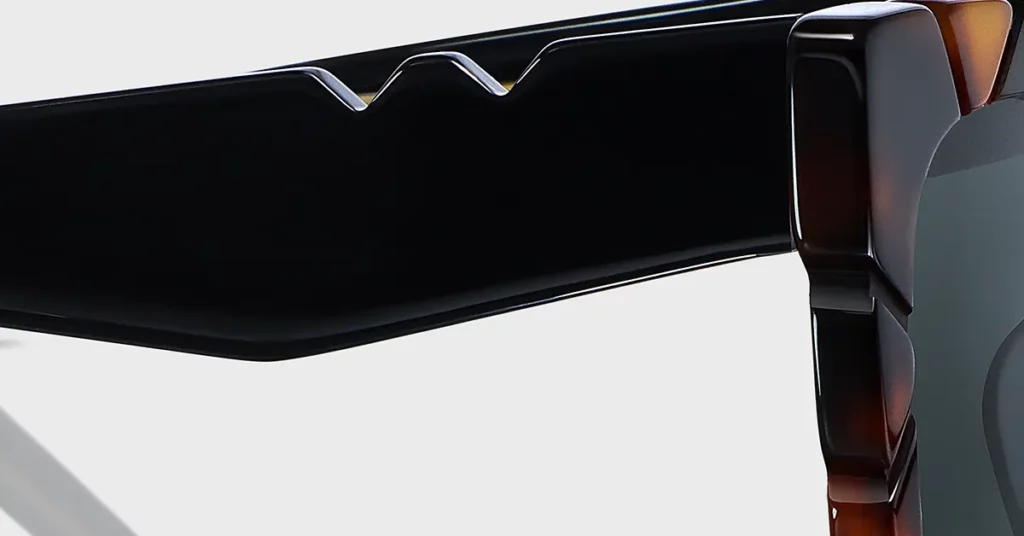
Product & Quality Control Fraud
The “Bait and Switch” Sample This is one of the most common quality scams. A supplier sends a perfect sample to win your order but then produces the bulk quantity using inferior materials and processes. The functional implication is that your final production run fails to meet your brand’s standards, rendering the inventory worthless despite the approved sample.
Critical Warning: A single sample is not a guarantee of quality. You must order multiple samples and mandate pre-shipment inspections for all bulk orders to protect your investment.
Quality Fade This is the gradual degradation of product quality over successive orders. A supplier will meet your standards for the first few production runs, then slowly begin substituting cheaper materials or cutting corners on production to increase their own profit margin. Because the decline is incremental, it is harder to detect until it has severely damaged your brand’s reputation.
The “Chabuduo” (Close Enough) Mentality Definition: Chabuduo translates to “close enough” and represents a cultural approach where specifications are treated as flexible guidelines rather than strict requirements. For premium eyewear, this is a catastrophic mindset. It allows a supplier to justify using the wrong materials or incorrect dimensions, directly compromising the fit, function, and safety of your products.
Intellectual Property Theft IP theft occurs when a supplier steals your designs and sells them directly or to your competitors. A more insidious tactic is for the supplier to register your trademark in China. Because China uses a “first-to-file” system, they can then legally block your own products from leaving the country or hold your brand hostage.
Best Practice: You must register all trademarks and designs in China before you share any information with a potential supplier. This is a non-negotiable defensive action.
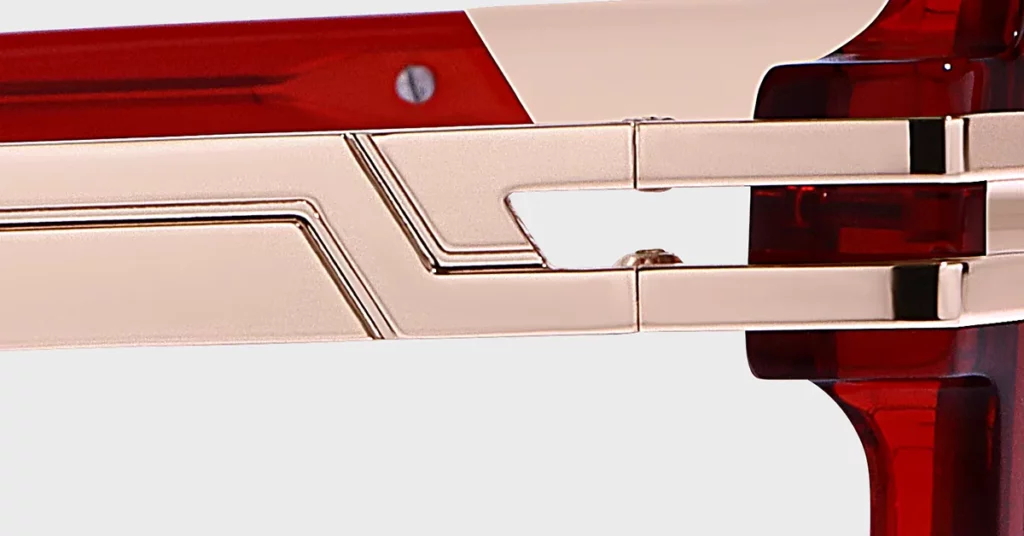
Phase 1: Initial Digital Screening
Your first line of defense is a thorough audit of a supplier’s digital footprint. This analysis must be completed before you initiate contact.
Auditing a Potential Supplier’s Digital Footprint
A professional website can mask a fraudulent operation. You must look for inconsistencies that reveal the truth. Legitimate manufacturers invest in a coherent digital presence with detailed product catalogs, facility information, and verifiable certifications.
- Red Flags: Watch for generic stock photos of factories, inconsistent company names or contact details across different platforms, and poor grammar in supposedly professional communications.
- Reverse Image Search: You must use tools like Google Images to perform a reverse image search on all factory and product photos. This will quickly expose if the images are stolen from other manufacturers or are common stock photography.
- Communication Patterns: Evasive answers to technical questions, the use of personal email addresses (e.g., @gmail.com), or response times exceeding 48 hours for basic inquiries are all signals of a disorganized or fraudulent operation.
Decoding Strategic Red Flags in Discussions
“Too Good to Be True” Pricing Pricing that is significantly below the market average is a major red flag. Legitimate manufacturing has hard costs for materials and labor. An unusually low price—typically more than 30% below market rate—indicates the supplier is planning to cut corners on quality, hit you with hidden fees, or simply disappear with your deposit.
Unrealistic MOQs Minimum Order Quantities (MOQs) are a reflection of real production economics. For sunglasses, legitimate MOQs are typically 300-500 pieces for a standard design. A supplier offering a 10-piece MOQ for a custom acetate frame is likely a trading company, not a factory. Conversely, an extremely high MOQ may be an attempt to secure a large deposit for a fraudulent scheme.
Refusal to Provide Samples A refusal to provide a sample is a non-negotiable deal-breaker. It means the supplier is either incapable of producing your product to an acceptable standard or is actively planning to defraud you. Legitimate partners are confident in their quality and view samples as an essential step in building a business relationship.

Phase 2: Due Diligence & Verification
This phase requires you to systematically validate a supplier’s business credentials, manufacturing scope, and operational legitimacy.
Validating Core Business Credentials
Verify the Business License via NECIPS Request the supplier’s complete business license and use the 18-digit unified social credit code to verify their details on the official NECIPS government database. This action confirms their legal status, registered capital, and, most importantly, their authorized “Business Scope.”
Analyze the “Business Scope” The Business Scope on the license legally defines what a company is permitted to do. A true manufacturer’s scope will explicitly include terms like “manufacturing” or “production.” If the scope is limited to “sales” or “import/export,” you are dealing with a trading company, not a factory.
Authenticate Certifications (ISO 9001, BSCI) Fraudulent suppliers often provide fake or expired quality certificates. You must authenticate any claimed certifications like ISO 9001 (quality management) or BSCI (social compliance) by contacting the issuing body directly to confirm the certificate’s validity and scope.
Conducting Operational Audits
Live Video Factory Tours Demand a live video tour of the factory. This is a simple but effective tool for verification. During the call, you should be able to see their production lines, equipment, and workforce in action. A supplier who refuses a live tour or offers only a pre-recorded video is hiding something.
Third-Party Factory Audits For significant orders or long-term partnerships, you must invest in a third-party factory audit. For a cost of $200-$900, an independent auditor will provide a detailed report on the supplier’s quality management systems, production capacity, and social compliance, giving you an objective assessment of their capabilities.
Protecting Your Intellectual Property
Register Your Trademark in China Proactively China operates a “first-to-file” trademark system. This means whoever registers a trademark first owns it, regardless of who created the brand. You must register your brand name and logos in China before entering into discussions with any potential partners to prevent them from hijacking your IP.
Implement a China-Enforceable NNN Agreement A standard Western NDA is unenforceable in China. You need a specific NNN (Non-Disclosure, Non-Use, Non-Circumvention) agreement drafted by a lawyer specializing in Chinese contract law. This agreement prevents a supplier from using your IP, selling your product to others, or bypassing you to work directly with your contacts.
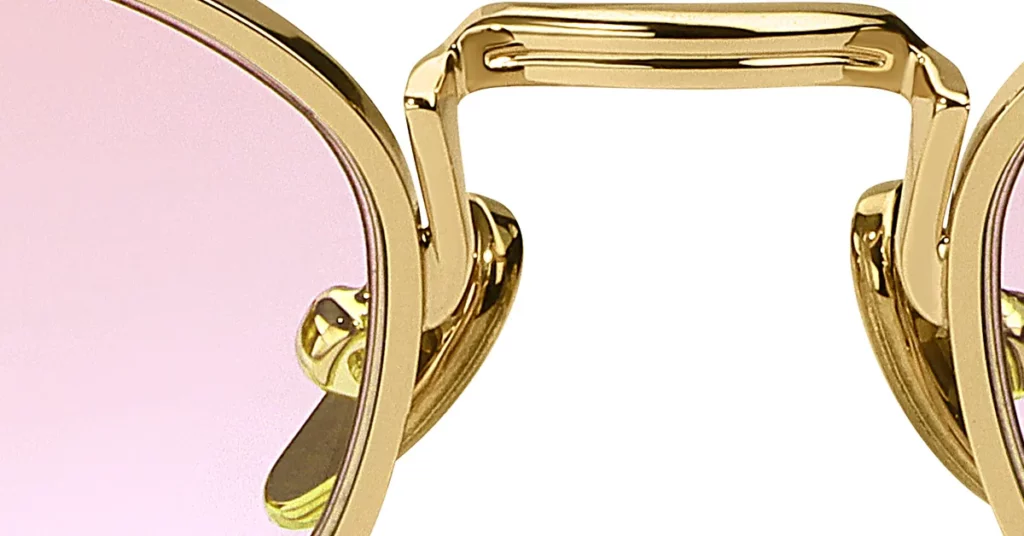
Phase 3: Ironclad Contractual & Financial Safeguards
A strong legal and financial framework is essential for protecting your business in any cross-border transaction.
Building a Legally Enforceable Partnership
Mandate a Bilingual Manufacturing Contract Your contract must be bilingual (Chinese and English), with the Chinese version stipulated as the governing text. It must contain hyper-detailed quality standards, material specifications, and penalty clauses. Under Chinese Contract Law, penalty clauses should not exceed 30% of the contracted obligation to remain enforceable.
Define Ownership of Molds and Tooling Your contract must explicitly state that you own all molds and tooling created for your products. This prevents a common scenario where a supplier holds your molds hostage, effectively blocking you from moving your production to another factory and forcing you to accept price increases or quality decreases.
Executing Secure Financial Transactions
| Payment Method | Security Level | Fraud Protection | Cost | Complexity | Supplier Acceptance |
| Letter of Credit | High | Excellent | High | Complex | Widespread |
| Escrow Services | High | Excellent | Moderate | Moderate | Limited |
| Trade Assurance | Moderate | Good | Low | Simple | Widespread |
| Bank Transfer (T/T) | Low | Minimal | Low | Simple | Universal |
| Western Union | Minimal | None | High | Simple | Fraudulent Suppliers |
The Absolute Rule: Never Pay a Personal Bank Account A request for payment to a personal account is the single biggest red flag for fraud. Legitimate Chinese companies use corporate bank accounts where the account name perfectly matches their registered business name. Any discrepancy is a signal to immediately halt the transaction.
Structure a Phased Payment Schedule Never pay 100% upfront. A standard, safer payment structure is tied to production milestones, such as 30% deposit, 50% upon production completion and passing a pre-shipment inspection, and 20% after successful delivery. This structure gives you leverage throughout the entire process.
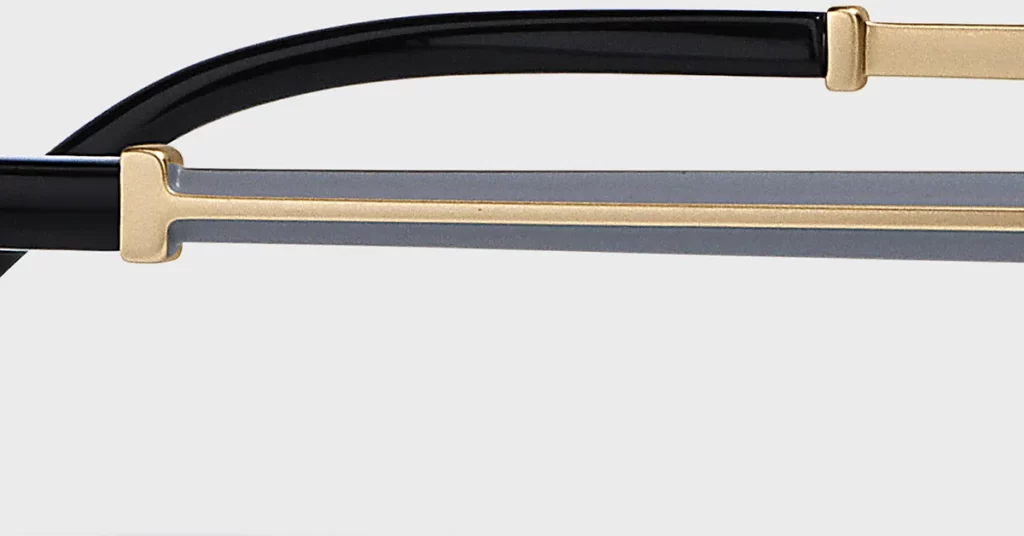
Phase 4: Mastering Eyewear Regulatory Compliance
For the U.S. market, sunglasses are not fashion accessories; they are regulated medical devices. Failure to comply has severe business consequences.
Navigating FDA Regulations
Implications of FDA Classification (Class I, Product Code: HQY) The FDA classifies sunglasses as Class I medical devices (Product Code: HQY). This means all importers and foreign manufacturers must complete an annual FDA establishment registration. The functional implication is a layer of regulatory cost and complexity; for fiscal year 2019, initial registration was $5,236.
Critical Warning: Importing sunglasses without proper FDA registration for both your firm and your foreign manufacturer will lead to product detention, seizure, and financial penalties.
The Mandatory “Drop Ball Test” (21 CFR 801.410) The FDA mandates that all sunglass lenses pass an impact resistance test known as the “drop ball test.” A certificate proving that a statistically significant sample from your production run has passed this test must accompany every single shipment into the U.S. Failure to provide this certificate can trigger an import hold.
Key Metric: FDA Import Alert 86-07 gives customs officials the authority to detain, without physical examination, sunglasses from manufacturers known to have failed this standard.
Meeting International Safety Standards
Vetting for EN ISO 12312-1 (EU Market) If you plan to sell in Europe, your products must comply with EN ISO 12312-1, which governs UV protection and optical quality. You must demand test reports from an accredited third-party lab confirming compliance; a supplier’s self-declaration is insufficient.
The Role of ANSI Z87.1 for Performance Eyewear For brands in the performance or safety eyewear sector, compliance with ANSI Z87.1 is mandatory. This standard specifies much higher requirements for impact resistance and optical clarity. Your supplier must have proven experience and testing capabilities to meet this demanding standard.
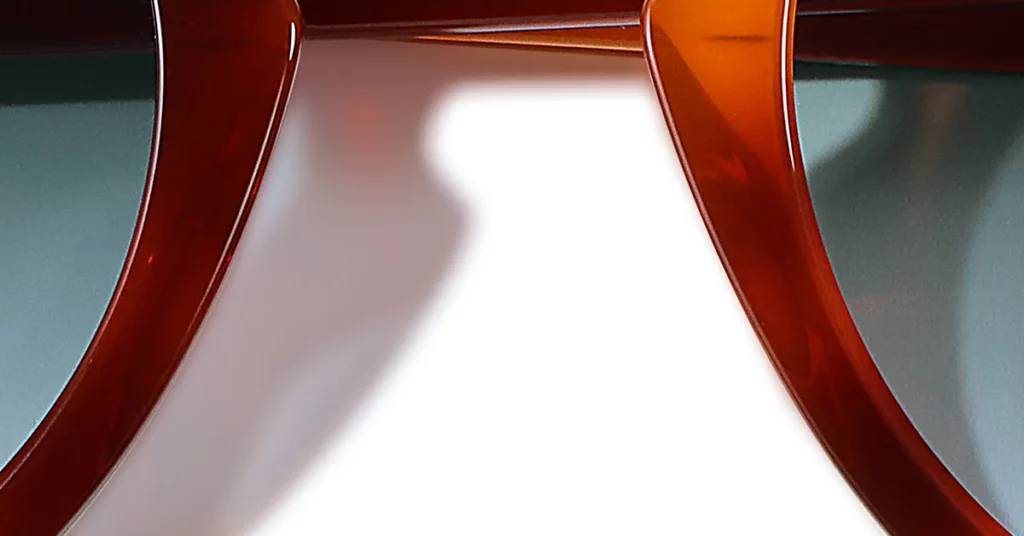
Conclusion
Success in sourcing wholesale sunglasses from China is not about finding the cheapest supplier; it is about mitigating risk through a systematic, multi-phase framework. By rigorously screening suppliers, conducting deep due diligence, implementing China-enforceable legal protections, and mastering regulatory compliance, you transform a high-risk environment into a stable, profitable component of your brand strategy.
Kssmi‘s two decades of experience provides our B2B partners with the verified credentials and quality assurance systems needed for confident sourcing.
Frequently Asked Questions
1. What is the most effective way to verify a supplier’s bank account?
Cross-reference the account holder’s name with the exact registered business name on their business license. Confirm the account is with a major Chinese bank (e.g., ICBC) and not a personal account. Finally, implement a two-step verification requiring both written and phone confirmation before any funds transfer.
2. If a supplier has “Gold Supplier” status on Alibaba, what extra diligence is needed?
Platform verifications are a starting point, not a guarantee. You must still conduct independent business license verification via NECIPS, perform reverse image searches on all photos, verify their references, demand a factory audit (virtual or physical), and implement a strong, bilingual manufacturing contract.
3. What technical specs are critical for premium sunglasses beyond the drop ball test?
Your manufacturing agreement must specify UV protection levels (UV400 minimum), optical quality standards (per EN ISO 12312-1), exact material specifications (e.g., Mazzucchelli acetate), precise dimensional tolerances, hinge durability test cycles, and specific standards for lens coating adhesion.
4. How can I tell a good trading company from a bad one?
A valuable trading company offers transparent pricing that separates factory costs from their service fees, and their business license authorizes trading. They provide clear value through services like consolidated logistics or on-the-ground quality control, and they are open about their manufacturing partners.
5. What are the first steps if a supplier disputes quality standards post-production?
Immediately document all quality deviations with photos and videos, referencing the specific clauses in your manufacturing agreement that have been violated. Halt any further payments, calculate damages based on the contract’s penalty clauses, and engage your Chinese legal counsel to initiate the formal dispute resolution process.